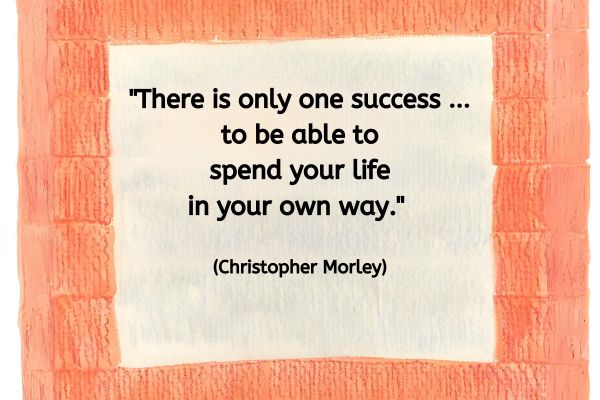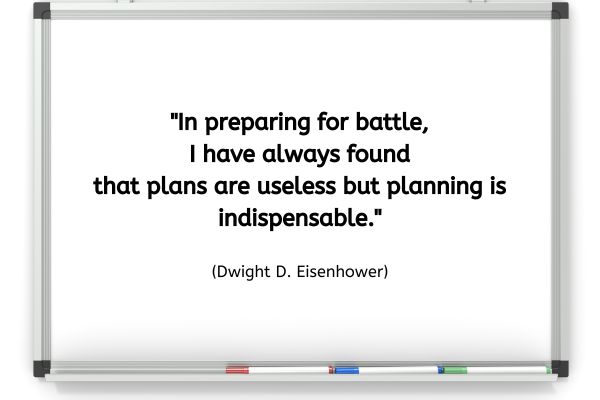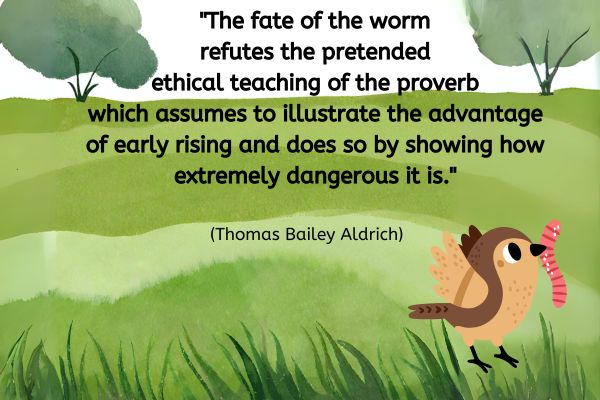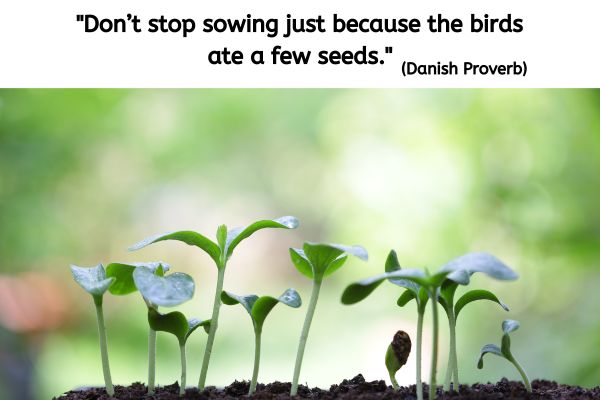Defining Success: Navigating Your Coaching Journey

Today’s quote is:
“There is only one success … to be able to spend your life in your way.” (Christopher Morley)
This quote prompts us to ponder what true success means to us and how we can achieve it while staying true to ourselves. As coaches, we play a pivotal role in guiding others on their journey to success, but I think it’s equally important for us to reflect on our own definitions of success and how they shape our coaching practice.
Defining Success:
Success means different things to different people. As coaches, it’s crucial to define what success looks like for us personally and professionally. Do we measure success by achieving specific goals, making a positive impact on our clients, or finding fulfillment in our work? Our definition of success influences the strategies we employ in our coaching practice and the goals we set for ourselves.
Personal Version of Success:
Reflecting on our personal version of success allows us to align our actions with our values and aspirations. Is success for us about financial prosperity, personal growth, or making a difference in the lives of others? By understanding what success means to us individually, we can chart a course that leads to fulfillment and satisfaction in our coaching journey.
Living Life on Our Own Terms:
Imagining a life where we can spend our time exactly as we wish prompts us to consider what changes we would make to our coaching business. Would we focus more on serving our clients in innovative ways, expanding our offerings, or prioritizing work-life balance? This exercise encourages us to envision our ideal scenario and take steps to bring it closer to reality.
Reimagining Daily Routine:
In our ideal scenario, how would our daily routine change? Would we allocate more time to client sessions, professional development, or self-care activities? If this isn’t something you have imagined from this perspective before this could give you new insight about how you’d love to be spending your time.
Identifying Priorities:
Understanding our priorities reveals what truly matters to us and guides our decision-making process. Would we prioritise building relationships with clients, refining our coaching skills, or pursuing personal interests outside of work? Clarifying our priorities empowers us to make intentional choices that align with our values and goals.
As coaches, let’s take a moment to reflect on these questions and share our insights in the comments below. By exploring our definitions of success and envisioning our ideal coaching journey, we can cultivate a deeper understanding of ourselves and create a roadmap for achieving success on our own terms. Remember, success is not just about reaching a destination but about enjoying the journey along the way.
About Jen Waller

Jen Waller is on a mission to support, nurture and encourage coaching skills and talents from non-coach to coach and beyond.
As an experienced coach and trainer Jen is happy to utilise all skills at her disposal to assist clients from getting out of their own way and making a difference in the world with their coaching. Find out more about the support Jen offers here.
If you are at the start of your coaching journey Jen does offer complimentary From Non-Coach to Coach Discovery sessions that will help refine your answers in more detail – plus look at next steps for you. Find more information about these sessions at this link.



